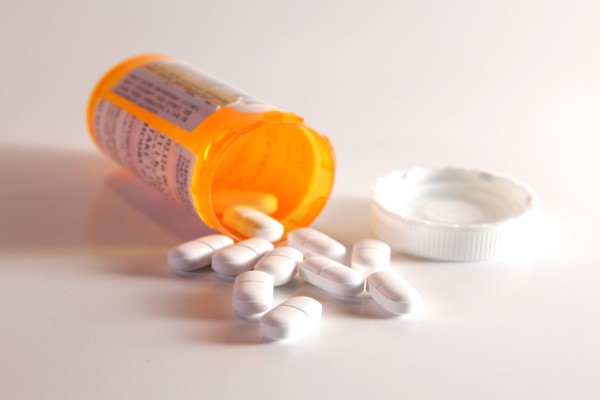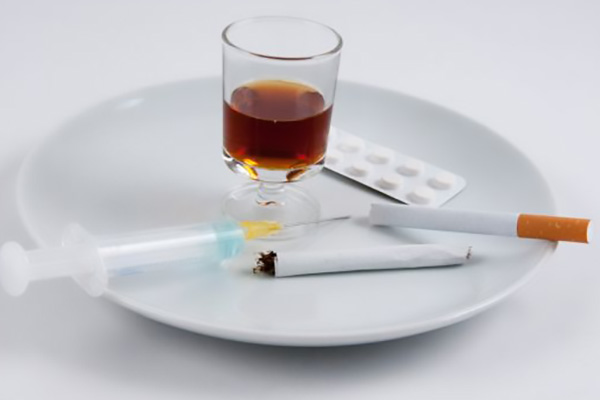Suboxone Detox and Drug Withdrawal

Suboxone detox program is one of the treatments that drug rehab centers provide for people suffering from addiction. The professionals in charge of the program and treatment must evaluate the patient's withdrawal symptoms. The symptoms vary in type and intensity, depending on the drug.
Anyone who has faced substance use disorder will agree that the persistent cravings and withdrawal symptoms are the hardest part of the condition. Suboxone is used for treating opioid dependence and drug withdrawal symptoms, but it could also become addictive if used improperly. In this article, you will learn about Suboxone detox and drug withdrawal.
What is Suboxone?
Suboxone (buprenorphine and naloxone) is one of the few drugs approved by the FDA for treating opioid addiction. It is provided as part of a holistic treatment plan, consisting of other treatments such as detox and counseling. Suboxone detox has proven effective for helping patients with drug use disorder gradually manage and wean off usage.
How Suboxone detox works
Although Suboxone detox and treatment depend on the patient’s needs and level of dependency, the suboxone timeline typically has three important stages:
Stage 1. Induction
Patients commence treatment under the direct supervision of the healthcare professional. Stage 1 Suboxone patients must be in a level of moderate withdrawal and consult with the doctor to know the dose that is safe and effective for their condition and body.
Stage 2. Maintenance
Maintenance starts when the withdrawal symptoms, side effects and intense cravings stop. In this stage, the patient should use their medication as prescribed. They must also follow all the rules of the treatment plan, including safe handling of medication, avoiding the use of illicit drugs and going in for counseling to complement Suboxone detox.
Stage 3. Tapering
Before discontinuing Suboxone use, the patient’s treatment provider must approve the decision based on the treatment plan. It is crucial that the patient consults with their doctor to know when it is right to reduce the dose to ensure minimal withdrawal symptoms. Patients should talk to their physician or medical practitioner about symptoms and effects before adjusting their dosage.
Signs of Suboxone withdrawal
During the drug withdrawal process, the body is under stress. Patients can anticipate physical and psychological symptoms during detox. Common physical symptoms include tiredness, muscle discomfort, drug cravings, sweating, hot or cold flashes and appetite loss.
Here is what you should know
Suboxone detox is mainly for patients who have experienced untreated and long-lasing opioid abuse, have undergone different types of heroin or opioid treatment or are dealing with the persistent and intense withdrawal symptoms due to their detox. It is not created to substitute or supplant other aspects of the treatment process, such as behavioral rehab, clinical detox or counseling.
Final note
As with many other prescription drugs, there is a risk of diversion and abuse when using Suboxone. Although treatment providers will have certain safeguards to prevent misuse and restrict access, some patients end up with dependency issues. If Suboxone use worsens to the point of dependency, drug rehab centers offer Suboxone detox to help the patient.
Get more information here: https://www.joelnathanmd.com or call Joel Nathan, MD at (347) 237-7944
Check out what others are saying about our services on Yelp: Read our Yelp reviews.
Recent Posts
In the world of high-level pain killers, Percocet® is a very powerful and effective drug. A combination of the semi-synthetic opiate oxycodone and acetaminophen, it is a fast-acting and long-lasting drug. Pain relief can be immediate and last for up to five hours. It is commonly prescribed for patients for those very reasons.Percocet is a…
Learning what drugs a substance abuse treatment center can treat is necessary, as not all treatment centers provide treatment for every type of drug. According to the Addiction Center, alcohol is a drug, as it is classified as a central nervous system (CNS) depressant.Understanding substance abuse treatment first requires one to understand what it means…
Want to understand more about how drug addiction counseling works? The job of a drug addiction counselor is to help their patients overcome their addiction to drugs. They do this by offering counseling services, such as individual counseling sessions, group counseling sessions and family counseling sessions. Drug addiction counselors tend to work in drug rehab…
When dealing with addiction, finding a good drug detox program is crucial for your long-term success. First and foremost, a detox program should be focused on helping you kick your habit. Once the harmful effects of the drugs are out of your system, the program should move on to treating you and training you for…


